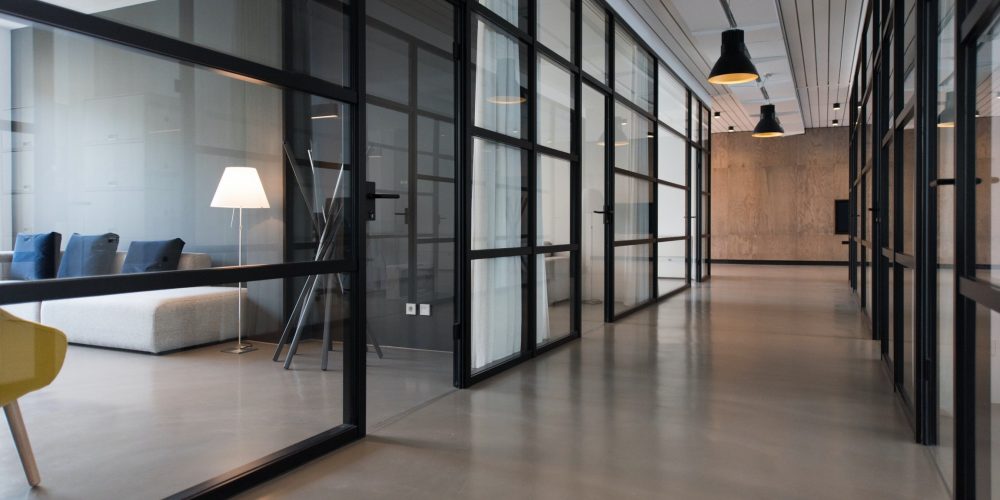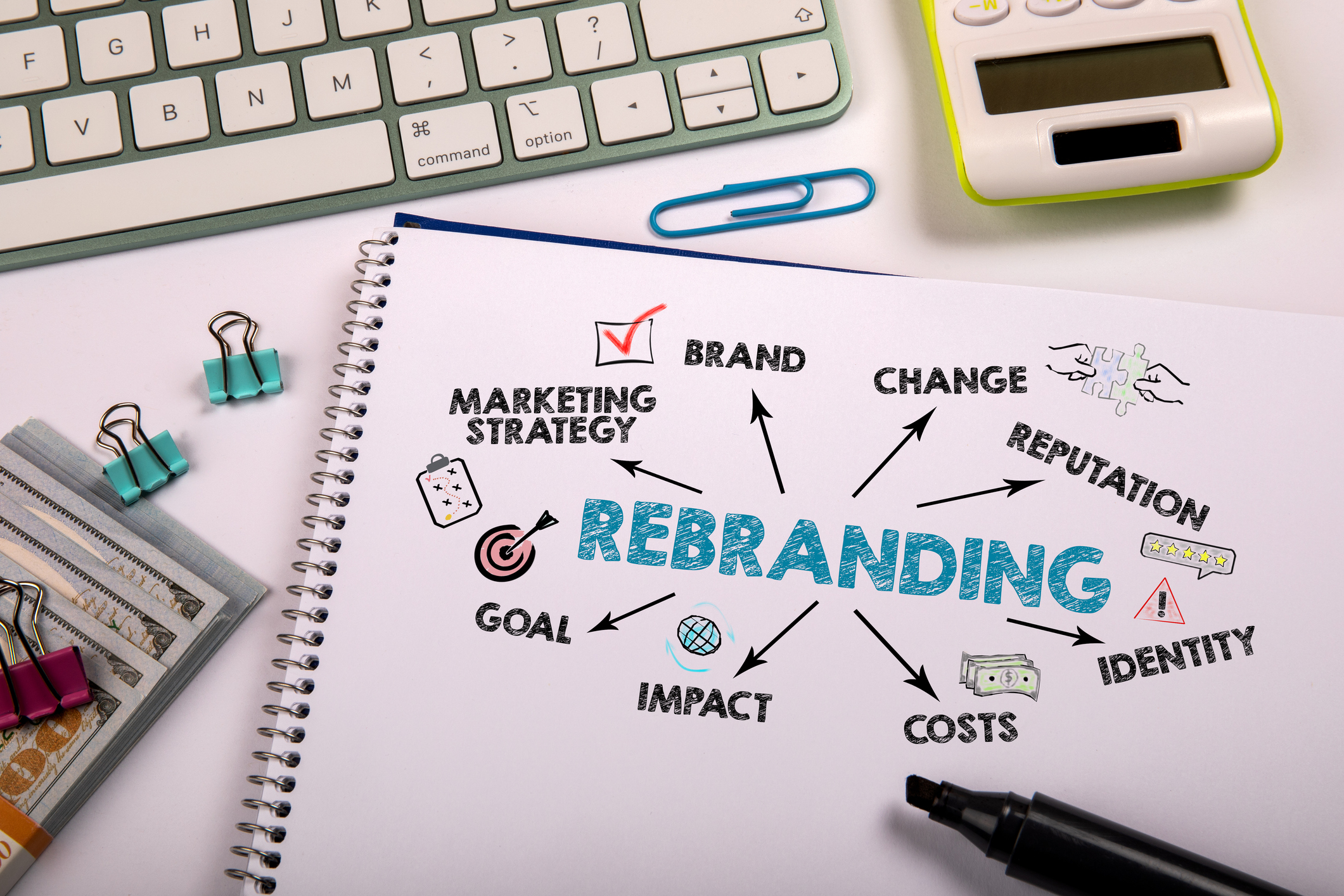The Answers to 10 Frequently Asked Questions
It probably comes as no surprise that commercial real estate financing is very different from a traditional home mortgage…or most any other loan. To begin with, commercial loan amounts are usually much higher. In addition, the same sources of financing – such as FHA and USDA loans – aren’t available. Because of these factors, borrowers need to be aware of the options they do have, the steps involved in securing their loan and how to select the lender that is best suited to the loan they seek. Here are some critical questions that borrowers should ask of potential lending partners, and details they should know about the process:
1. Are you an expert in my market?
Just as you wouldn’t work with a residential real estate professional or broker who is unfamiliar with a market, your commercial lender should be an expert in the geographic area you’re considering. The financial institution you select should be aware of the specifics of the surrounding communities (tax ramifications, etc.), along with the commercial advantages and opportunities of each.
2. What is the average loan size you work on?
If your potential lender usually closes loans of $50-$75 million, will they will provide you with attentive service and follow-through on your smaller commercial real estate loan? If you’re like most commercial real estate borrowers, it’s best to select a lender who is “right-sized” and works with loans that generally are in the $5-$30 million range.
3. How long does it typically take to close?
The answer here depends on the loan product and the specific details of the project to be financed. However, it also pays to be aware that a lender with the advantage of local decision-making and a well-trained community-based staff can be more nimble and efficient throughout the loan underwriting and approval process. This will help you get to the closing table faster than with larger out-of-market lenders.
4. What loan options are available?
Mortgaged debt financing falls into a variety of categories. Services can include:
- Single Tenant Net Lease Financing: Lending for national and regional tenants, such as drugstores, restaurants, convenience stores and others
- Commercial Construction/Multi-Tenant Financing: Meeting the financial needs of developers and builders for office, retail, industrial, multi-family and mixed use structures
- Residential Development/Construction Financing: Capital for established custom homebuilders and lot developers
5. What are the fees associated with Commercial Lending?
Fees associated with commercial lending typically include a lender’s fee, along with third party fees which are passed on to the borrower. Third party fees may come from an appraiser, inspector, environmental consultant or title company, among others. Remember, while you might think using a lender with the smallest fee makes sense, you need to make certain that the fee isn’t hidden elsewhere – like in your rate.
6. What is the approval process?
An inquiry will begin the process. Once the project is discussed and there is alignment between the borrower and financial institution’s general terms, a formal term sheet is issued. When the term sheet has been signed by the borrower and a refundable loan deposit (i.e. “good faith” deposit) is submitted, the bank will begin its underwriting process and, upon completion, move on to loan approval.
7. Can I get a copy of my appraisal, credit report and engineer report?
If you have paid for these services with the loan deposit, you are entitled to a copy of the reports.
8. What is the purpose of the good faith loan deposit?
The “good faith” loan deposit is used to cover the initial expenses typically incurred during the early stages of underwriting (appraisal, environmental study, credit reports, etc.). As previously noted, it is submitted by the borrower upon signing of the term sheet. The deposit size varies according to the complexity of the deal and is refundable to the borrower at loan closing. If the loan does not close, the deposit – less expenses incurred – is refunded directly to the borrower.
9. Can I lock in my interest rate?
Interest rates may be locked on fixed-rate financing for stabilized projects. Rate lock usually occurs once a lender has offered commitment, and might be contingent on the good faith deposit. On floating-rate debt for construction/development projects, rate locks are typically not offered.
10. How much insurance do I need?
Insurance requirements will vary depending on the size and type of loan you obtain. But you can count on needing property damage insurance written to at least 100% of estimated replacement cost of the asset. There could be additional recommendations for general liability insurance and, perhaps, an annual inflation adjustment. If you are in a flood zone, you should plan to obtain flood insurance.
The chances of receiving a commercial real estate loan (or eliminating unpleasant surprises along the way) can be increased drastically by asking lenders the right questions at the beginning of the process. The Commercial Real Estate team at First Internet Bank can provide service and support for every step of the process, from initial counseling (getting the answers you need) and debt structuring to closing and servicing the loan. Check us out!





